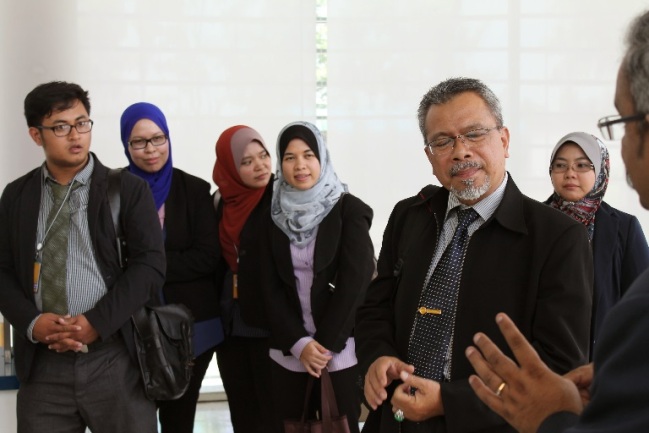President Obama and John Kerry, the secretary of state ar having a detailed discussion about as how to deal with the explosive crisis that is growing day by day and threatening the security of the entire Middle East. This part of the discussion will bring out the issues and the challenges that are emanating from Iraq.
Kerry : Mr. President, we need to have a serious discussion about whether to involve in Iraq immediately as the ISIS is keen on taking over Baghdad.
President: What exactly is the problem and why is it presenting itself now? We have serious internal issues to deal with and should we get involved with Iraq either?
Kerry : Yes sir. The Islamic state of Iraq and the Levant (known as ISIS) namely the sunny resurgent are on a rampage capturing one city after another in Iraq and with the intention to topple the Shia led government of President Maliki. They are already taken over militarily the cities of Mosul and Erbil which are located in the north western Iraq. Their troops are moving towards Kirkuk, Tikrit, Sainarra with the ultimate aim to take over Baghdad. If there is no intervention they will have captured Baghdad and dethroned their President.
Obama : We should not allow this to happen. How can we stop the insurgents from toppling the government? Should we militarily intervene to achieve our objective? We are the one responsible for putting the Shia leader Mr. Maliki as the president. So we should get involved to protect him. Do you agree with me?
Kerry : It is not easy to get reengaged. In 2003, we invaded Iraq and occupied it and the entire world viewed it as a mistake we paid a heavy price for it. We lost 4500 American soldiers and billions of dollars. About 2500000 Iraqi’s died in conflict. Our intervention could elicit revenge attacks against western capitals.
Obama : John, what are the courses of action available to us?
Kerry : We have always insisted in forming a national unity government formed of Sunni, Shia and Kurds. The 11000 or so fighters of the Sunni forces ambition is set up a caliphate (statehood). They are trying to achieve this like the al-Qaida fashion namely through violence.
Obama : But John if we keep quiet, the Sunnis will create a jihadist sanctuary-cum-statelet stretching from Iraq across the border to Iraq. Should we be supporting Mr. Maliki, the leader of Iraq and fight the insurgents?
Kerry : Sir, it looks like a temporary solution. Jihad’s are by nature highly emotional and recklessly committed. If we engage in a war with them they will make sure to kill as many Shia’s as possible.
Obama : I remember that after we dismembered Saddam Hussain’s Baath Party, we thought that the enemy is eliminated. So we went about rebuilding the Iraqi’s military forces by recruiting soldiers who believed in Iraq as a sovereign nation.
Kerry : Sir, The problem is that these people are temporary soldiers. The first sign of a life threatening fight they will leave the battleground and rush for cover. Sir, If I recall correct we have spent 14 bln US $ over time to build this irresponsible army.
Obama : Does it make sense talking to Syrian and Iranian president regarding putting a lid on the war?
Kerry : Sir, the Syrian leader Mr. Bashar – al – Assad is a shite. We ourselves are uncomfortable with him and want to eliminate him like Saddam Hussain. Seeking co-operation from him will be the dummest idea. He is our real enemy and he is also the enemy of ISIS. So let us forget about that regarding engaging Iran. I am equally uncomfortable. Remember we call the Iranian leader axis of evil. He may be willing to talk to us for a price.
Obama : Having spent many years fighting in Iraq for an inclusive government, we cannot abandon this objective now. Mr. Maliki army is disintegrated marching towards Baghdad. It sounds illegal and the entire world will look at us as an incapable and irresponsible country who refused to defend a country who they undertook to take care suddenly dumbing them because we have decided not to get involved.
Kerry : OK sir. It is now clear. We need to talk to the Iranian leader about a possible intervention. It is not easy to do that. The political differences between Iran and the US remain immense. Nevertheless we need to pursue this course of action.
Obama : We learnt our lesson. Since the Arab uprisings began more than 3 years ago, the policy debate has been which side we should support in the conflict and we agreed to stay neutral. Therefore, we will talk to Iran and Iraq if necessary and eliminate the insurgents our intention is not intervene but given the circumstances we have no choice.
Kerry : Yes sir. We will do.
Obama : By the way does Putin have anything to do with this uprising?
Kerry : It is a challenging and a mind blogging question. I will think about this sir. Have a good day Mr. President.
Share this blog with your Friends:




